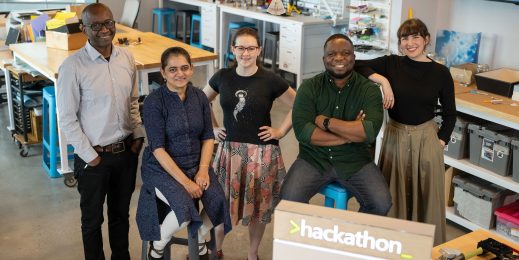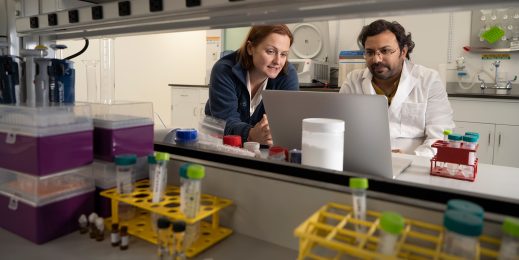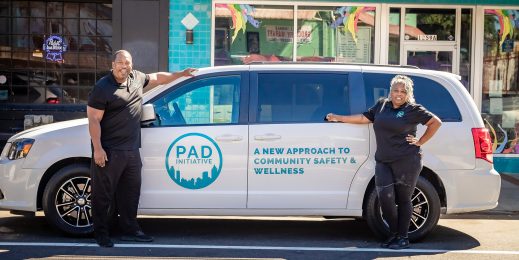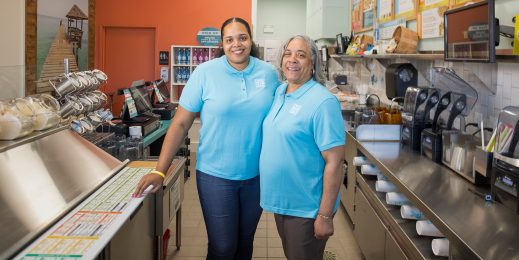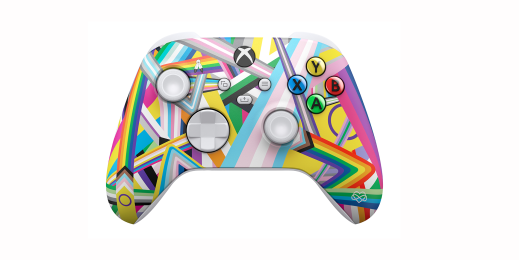
Entrepreneurs help revive Detroit with heart and grit
When Zak Pashak moved to Detroit five years ago, he seemed to be swimming against the tide. He bought a house in a city battered by job loss, blight and crime, at a time when much of the population was on its way out.
He arrived with a plan to open a bike factory in a city long abandoned by manufacturers. He had no bike-making experience, wasn’t a serious cyclist and had left a vibrant hometown, Calgary, for a place that would become America’s largest city to file for bankruptcy.
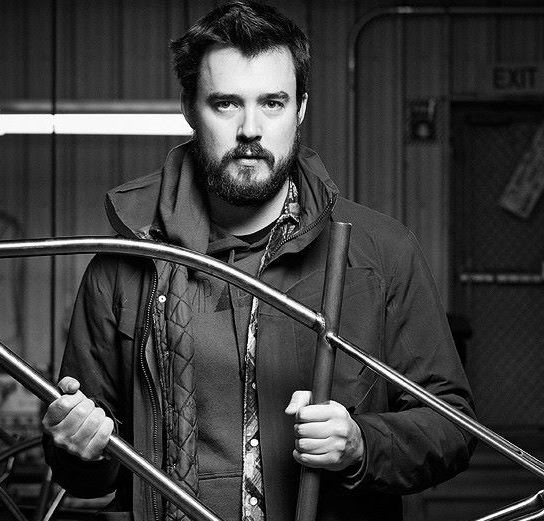
But as an entrepreneur, Pashak was used to taking risks. Today, his company, Detroit Bikes, is a growing business and part of a lively entrepreneurial scene crucial to the revival of Detroit. The scene includes tech startups, investors, artisans, foodies, shop owners and transplants like Pashak, drawn to Detroit’s mix of grit and opportunity. Detroit Bikes appears this week on Microsoft’s #DoMore page on Instagram and kicks off a series about entrepreneurship in the Motor City.
“It’s a great city to start something in,” says Pashak, a music entrepreneur before he launched Detroit Bikes. “There’s a real culture of encouraging each other and teamwork, almost. And there’s a lot of really talented people.”
Entrepreneurs key to Detroit’s resurgence
Once the automotive center of the world, Detroit has become one of the most distressed cities in America, a decline triggered by lost jobs and hastened by the mortgage crisis. By the time it filed for bankruptcy in 2013, the city had shriveled to its smallest population since the 1910 census. Detroit emerged from bankruptcy last year and is on a long road of tackling crime, poverty and thousands of vacant lots and unlit streets.
Entrepreneurs play a key part in Detroit’s recovery, with businesses and investments revitalizing its downtown. Detroit’s business district used to be a lackluster space with empty buildings, but now bustles with office workers, a thriving tech community and a busy streetscape of retail and residents.
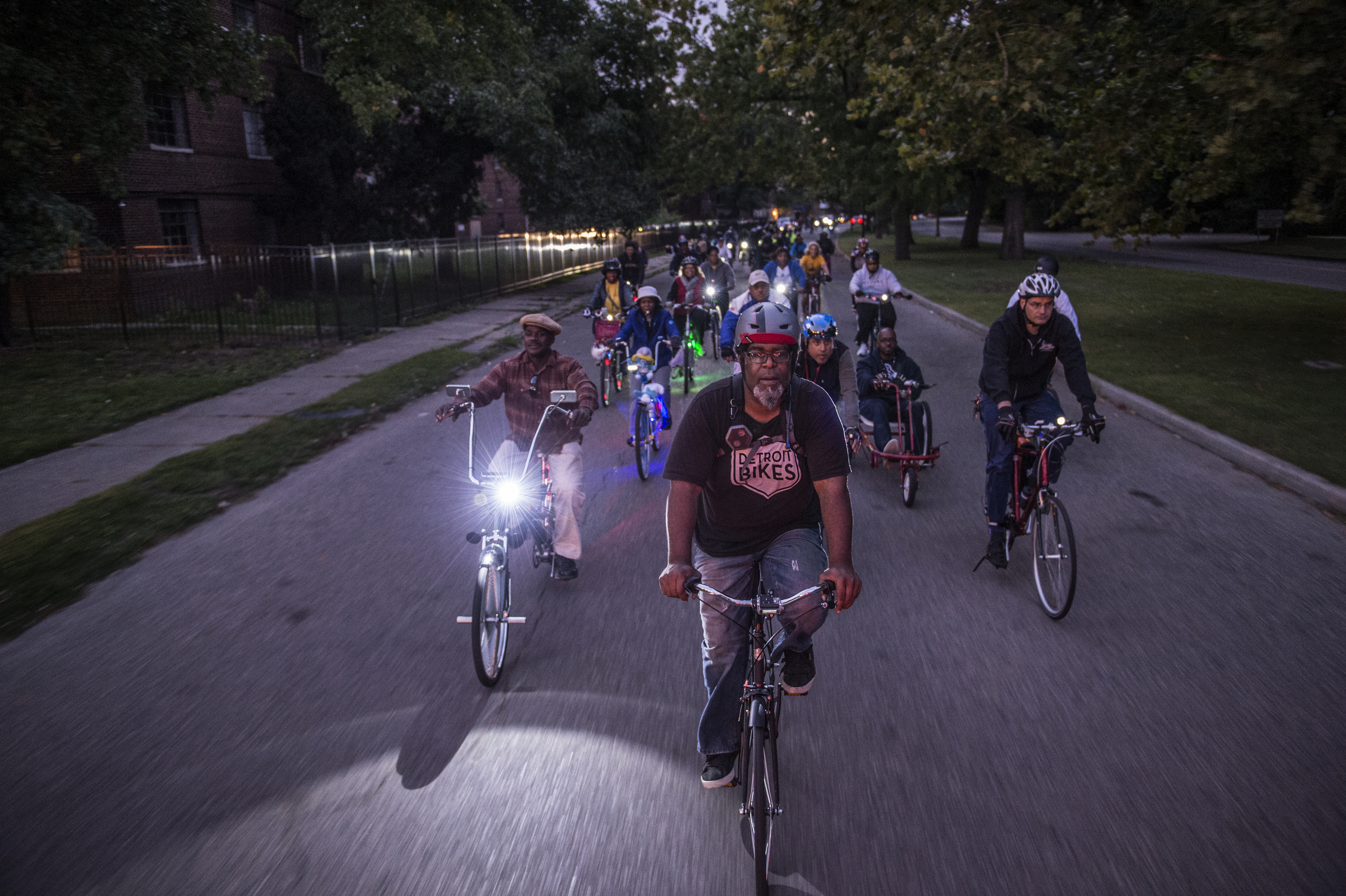
“The entrepreneurial scene in Detroit is amazing. It’s off the charts. You’ve got these incredible, passionate people who are pouring their heart and souls into the city,” says Josh Linkner, a founder of Detroit Venture Partners, a venture capital firm that funds early-stage tech startups in Detroit. Linkner recently stepped down as CEO of Detroit Venture Partners to focus on his career as a book author and keynote speaker.
Detroit’s woes have made it cheaper for entrepreneurs to start up, while fueling an underdog mindset and desire to help the city. That collective pride shows up in slogans like “Detroit hustles harder” and “Detroit vs. Everybody.”
“There is this Detroit grit, like we’ve been kicked down. We’re like the Rocky Balboa of cities; we’re fighting for life and glory,” says Linkner.
“I think that is in contrast to Silicon Valley – I don’t want to be disparaging anybody – but we look at them and say, ‘Oh, they’re sipping their Frappuccinos. They just got their Stanford degree. Isn’t that nice.’ And we’re like streetfighters. I’m exaggerating, obviously, but that’s the vibe here. We have this real gritty, scrappy, resilient tenacity.”
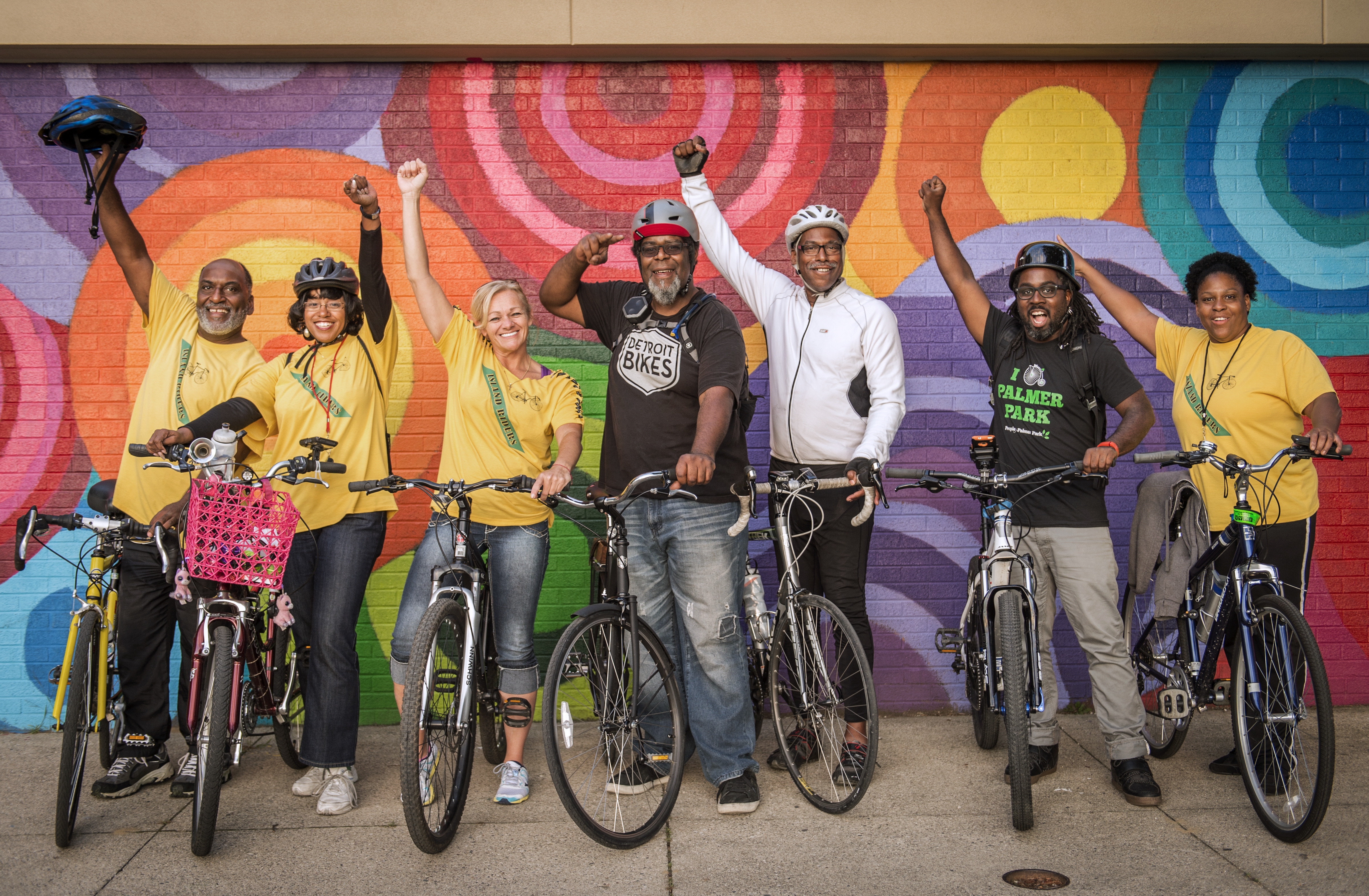
Much of Detroit’s resurgence can be traced to one man, Quicken Loans founder and chairman Dan Gilbert, who also founded Detroit Venture Partners. Gilbert’s real estate company has invested $1.6 billion in downtown Detroit. His companies have filled the area with 12,500 employees in less than five years. More than 70 tech companies exist in a single square block, many backed by Detroit Venture Partners. Gilbert’s business presence has sparked a surge of people living, shopping and dining downtown.
Gabe Karp, a partner with Detroit Venture Partners, often asks young people in interviews why they want to be in Detroit, when previous generations would have passed. Their answer relays a new buzz, a passion to be the first chapter in a comeback story of a once great city.
“They say, ‘We’re hearing about what’s going on, and it sounds really exciting… We want to be there on the ground floor, help write that chapter and be part of that story,’” Karp says.
Detroit Bikes renews manufacturing in the city
Count Detroit Bikes as part of the story. Founder and president Pashak had launched two Canadian music venues and a music festival when he decided to join Detroit’s community of problem solvers. He started Detroit Bikes in 2011, with a mission to renew manufacturing in the city.
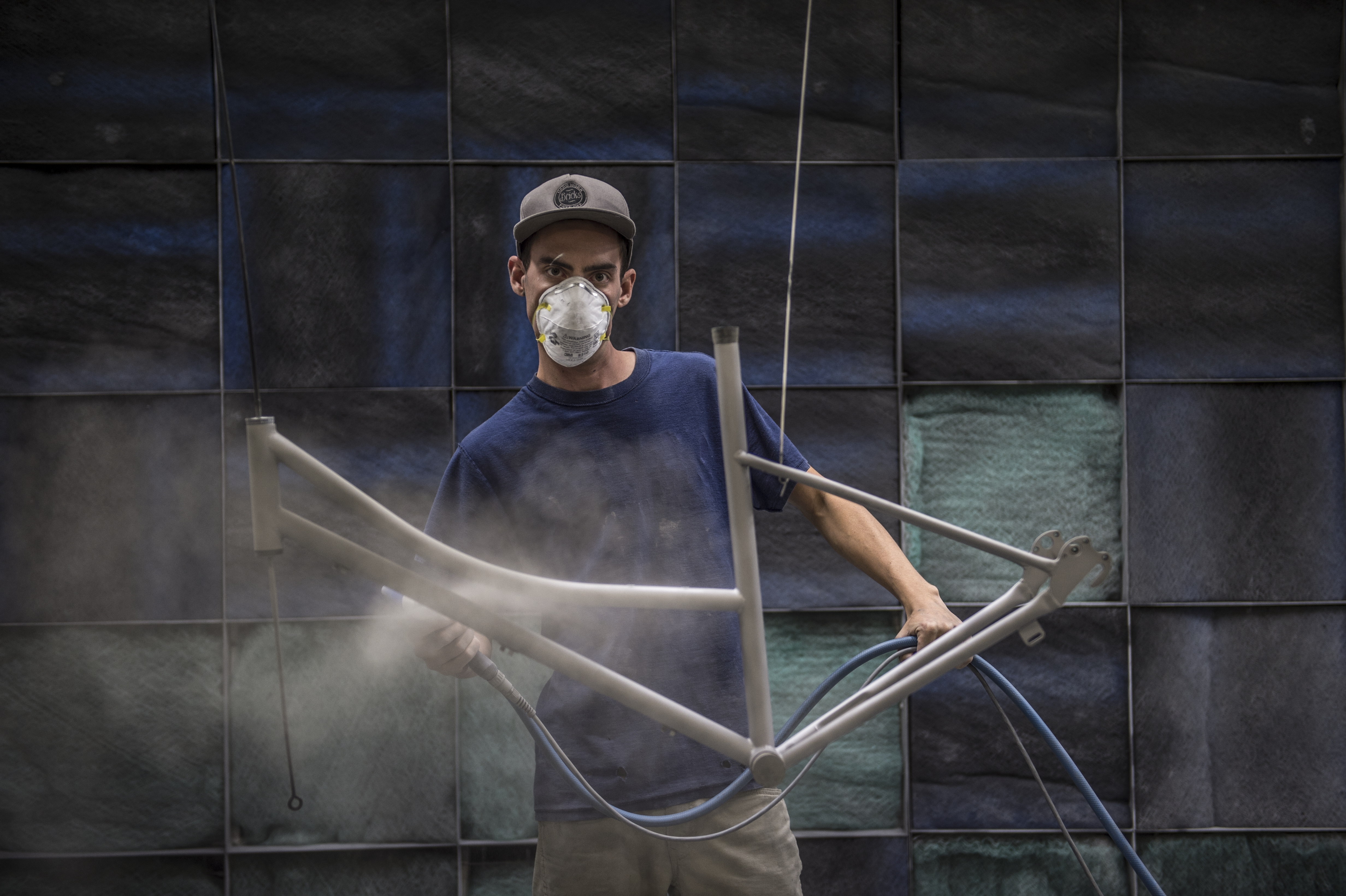
![]()
![]() Last year, his 50,000-square-foot factory in Detroit made about a thousand bikes. He calls them the “Honda Civics of bikes,” to distinguish them from specialty and racing bikes.
Last year, his 50,000-square-foot factory in Detroit made about a thousand bikes. He calls them the “Honda Civics of bikes,” to distinguish them from specialty and racing bikes.
This year, Pashak expects to make about 5,000 bikes, with nearly half destined for New Belgium Brewing, the maker of Fat Tire Amber Ale. The Colorado brewery will use the bikes for employee gifts and promotions. Pashak is also opening his first retail store in Detroit.
“It’s a region filled with people who are innovative and like making things,” says Pashak, whose skilled, 20-person workforce includes bike enthusiasts and former auto workers. “So there’s a culture of getting things done that is facilitating this company’s existence.”
For Henry Ford II, Detroit Bike’s master builder, the company is a return to family roots. His grandfather worked for the Ford Motor Company and had named his son after founder Henry Ford. The son then worked for Chrysler, and much of the large, extended family worked in factories belonging to the Big Three: Ford, Chrysler and General Motors.
“We were known as ‘the other Ford family,’” Ford says. He himself ended up in the mortgage industry until he was laid off, and then he started a house painting business.
“To come (to Detroit Bikes) to reintroduce manufacturing to the city, to make a product that gets people to move around… It still gives me goosebumps, thinking about the lineage that has come to this particular point,” he says.
As an avid bike, parks and neighborhood advocate, Ford has been fighting the decline of Detroit for years. To see his hometown become trendy with everyone from tech developers to hipster craft-liquor distillers makes him laugh with joy.
“Being a unique individual showcasing your talent is like the new hot thing,” he says. “Everybody wants to show us what they can do. People are coming here from all over the country, because of the access to material, talent and overall attitude to get things done and see where it goes from here.”
Lead Photo: Detroit Bikes master builder Henry Ford II. Photo by Ami Vitale.







